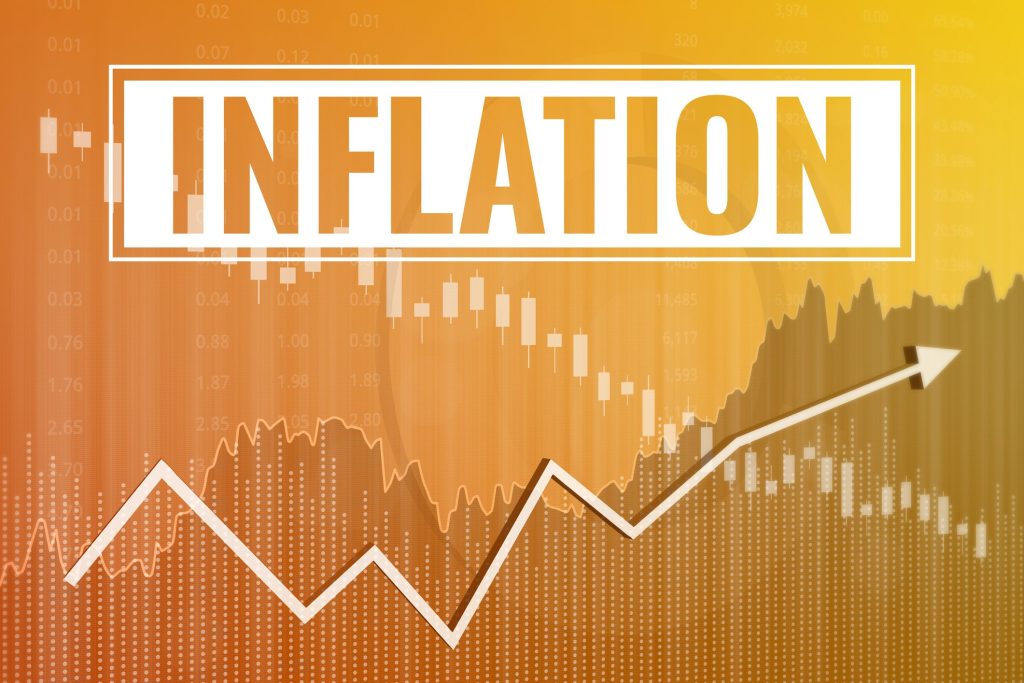
If your weekly grocery bill is noticeably higher or you can’t believe how expensive gas is, you’re not alone. Inflation is at 40-year highs,[1] and a recent poll found that 52% of Americans said the most important issue facing the country is inflation.[2] It’s significant that so many Americans recognized inflation as a major threat considering how unpredictable that market has been. Inflation presents unique risks, so it’s important to know how you’ll respond to them.
The Double Threat of Market Volatility and Inflation
Let’s not beat around the bush - sometimes, you’re better safe than sorry. With recent market volatility, riskier asset classes and sectors have seen large swings in value. For example, the NASDAQ Composite index, a tech-related stock index, recorded a 27% drop in value from January 3rd, 2022, to May 18th, 2022[3].
Over the years, you’ve worked hard to stay on track to your retirement goals. So, due to recent market volatility, you may be considering a more conservative investment approach to help protect what you’ve saved. However, during periods of high inflation, this can potentially present its own problems. For guidance on how to navigate the double threat of market volatility and inflation, talk to a financial advisor.
The Effects of Inflation – How Much Are You Left With?
There’s no telling how the market will perform in the future, which is why you may be considering more conservative investment strategies Let’s look at the potential risk of being overly conservative in inflationary periods.
In inflationary times, the income rates you receive from held assets may not measure up to the rising costs of living. For example, income from a 5-year Certificate Deposit (CD) purchased at a fixed rate a year ago would not stretch as far in the coming years at it did when initially purchased. This conservative investment could potentially leave a retiree with insufficient income to accommodate their retirement amidst rising costs of living. Retirees who are fortunate enough to have a pension may not see their payments keep up with inflation.
Think of it this way: If you expected to cover your living expenses with a consistent income amount when the cost of living rises, that consistent amount will cover less of your living expenses.
So, What Now?
This conversation only scratches the surface. There’s no one strategy to overcome the retirement risks we’re seeing today, but there are many strategies that could help you respond to the threat of inflation. Talk with one of our financial advisors for tailored advice that fits your financial needs.
[2] https://fivethirtyeight.com/features/we-asked-2000-americans-about-their-biggest-concern-the-resounding-answer-inflation/
[3]MSN Money, NASDAQ Composite Year-To-Date Chart, COMP 11,503.03 -481.50 -4.02% : NASDAQ – MSN Money



